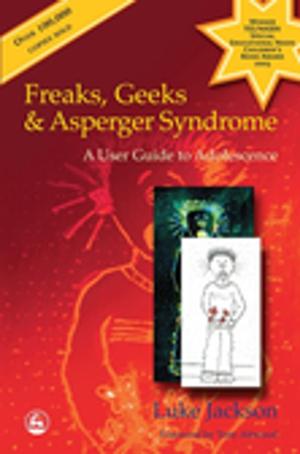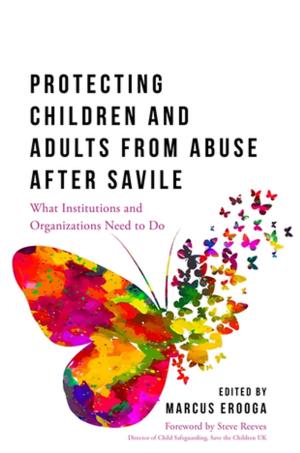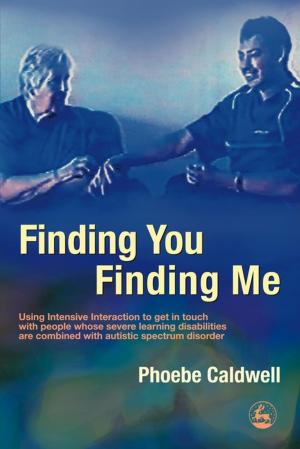Community Music Therapy
Nonfiction, Health & Well Being, Psychology, Psychotherapy, Entertainment, Music, Medical| Author: | Gary Ansdell, Mercedes Pavlicevic | ISBN: | 9781846420498 |
| Publisher: | Jessica Kingsley Publishers | Publication: | May 15, 2004 |
| Imprint: | Jessica Kingsley Publishers | Language: | English |
| Author: | Gary Ansdell, Mercedes Pavlicevic |
| ISBN: | 9781846420498 |
| Publisher: | Jessica Kingsley Publishers |
| Publication: | May 15, 2004 |
| Imprint: | Jessica Kingsley Publishers |
| Language: | English |
Music therapists from around the world working in conventional and unconventional settings have offered their contributions to this exciting new book, presenting spirited discussion and practical examples of the ways music therapy can reflect and encourage social change. From working with traumatized refugees in Berlin, care-workers and HIV/AIDS orphans in South Africa, to adults with neurological disabilities in south-east England and children in paediatric hospitals in Norway, the contributors present their global perspectives on finding new ways forward in music therapy.
Reflecting on traditional approaches in addition to these newer practices, the writers offer fresh perceptions on their identity and role as music therapists, their assumptions and attitudes about how music, people and context interact, the sites and boundaries to their work, and the new possibilities for music therapy in the 21st century. As the first book on the emerging area of Community Music Therapy, this book should be an essential and exciting read for music therapists, specialists and community musicians.
Music therapists from around the world working in conventional and unconventional settings have offered their contributions to this exciting new book, presenting spirited discussion and practical examples of the ways music therapy can reflect and encourage social change. From working with traumatized refugees in Berlin, care-workers and HIV/AIDS orphans in South Africa, to adults with neurological disabilities in south-east England and children in paediatric hospitals in Norway, the contributors present their global perspectives on finding new ways forward in music therapy.
Reflecting on traditional approaches in addition to these newer practices, the writers offer fresh perceptions on their identity and role as music therapists, their assumptions and attitudes about how music, people and context interact, the sites and boundaries to their work, and the new possibilities for music therapy in the 21st century. As the first book on the emerging area of Community Music Therapy, this book should be an essential and exciting read for music therapists, specialists and community musicians.















